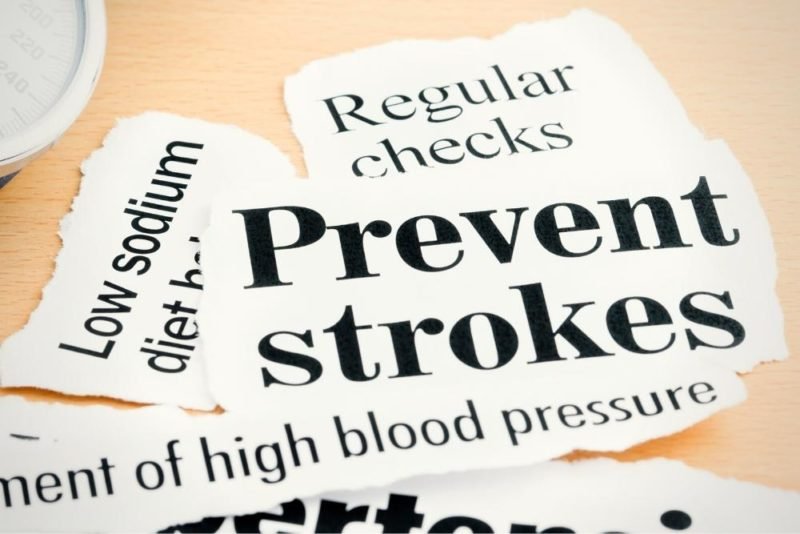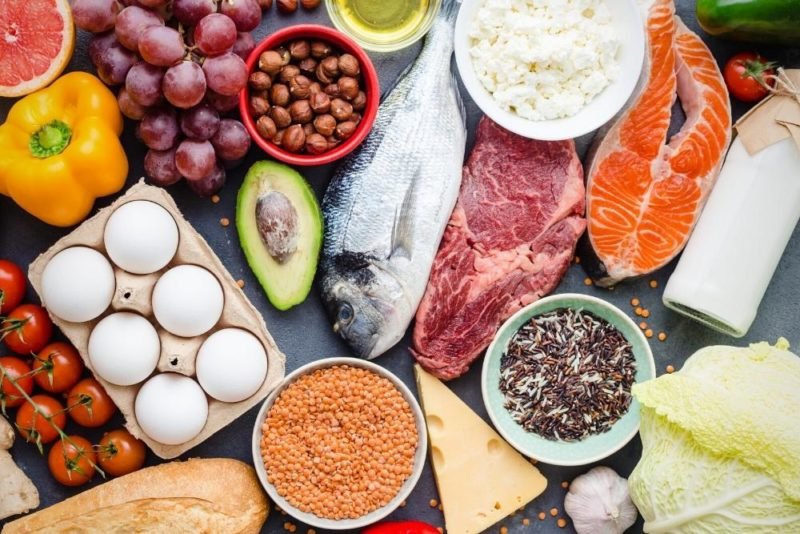[ad_1]

I after experienced a shopper who subscribed to a ton of health-nutrition-wellness e mail newsletters. She often discovered that her mornings would slip, slip, slip away as she fell down the publication rabbit hole. She advised me that she was consistently exploring for that a person “secret” to better health that her buddies did not know so SHE could be the 1 to bestow this newfound expertise. Regretably, investing most mornings exploring for this holy grail got in the way of her actually accomplishing matters that would assistance her health and wellbeing, like heading for a stroll, doing yoga or meditating.
(Soon after discussing how if anything “secret” actually worked, it would not be a key, we also agreed that she would unsubscribe from some of those e-mails.)
I have a master’s degree in nutrition science, and I am clearheaded on the strengths and weaknesses of this science. For case in point, one unlucky simple fact about nutrition science that gets overlooked by media coverage of new research is that it’s not typically groundbreaking. It’s popular for the worth of analysis results to be exaggerated, not just in press releases place out by the universities or other exploration establishments, but normally in the real study abstracts. (The summary is the summary of the research, the tldr, if you will.)
This is why I rarely (Extremely rarely) cite a research if I simply cannot get my palms on the comprehensive textual content of the exploration paper and evaluate it for myself. At minimum a single investigation analyze has assessed how usually abstracts and press releases unsuccessful to correctly signify the full investigation write-up. What the authors identified was rather pathetic. Aspect of the trouble is that researchers want to justify their funding, and if they require to make their conclusions sound much more essential than they are, then they may well do just that.

Hunting past the headlines
I read content in the mainstream media every single single working day that misrepresent the correct findings of scientific investigation. (This occurs a lot more in newspapers and web-sites, not so a great deal in journals, mostly because they have more time lead situations and so are more meticulously edited.) When you get to weblogs and e-mail blasts, it can be even even worse.
Occasionally, it is the headline which is misleading, even though the post or put up is essentially fairly well balanced. Having said that, considering the fact that quite a few men and women just skim headlines, this is still a challenge. (Elevate your hand if you from time to time never make it previous the headline or probably the initial paragraph.) This is 1 motive why people today are so puzzled about how to consume! I have invested a ton of time dealing with the fallout of this misinformation among the my consumers.
Normally, that fallout potential customers not just to confusion, but to taking in from a spot of concern and judgment fairly than from a spot of nurturing and self-care. It effects in creating food possibilities primarily based on beliefs and self-important feelings about what and how a lot to try to eat. It even further erodes the capacity to have faith in our bodies to inform us what, and how a lot, to try to eat on a particular working day, or at a unique meal. As I generally say to my purchasers, why and how you consume is frequently extra vital than what you try to eat.

Spoiler inform: there is no magic bullet
If you like to go through nutrition information, be thorough about any story that claims that a solitary review alterations every thing we assumed we knew about nutrition. If a analyze totally contradicts all preceding investigate on a subject, it’s feasible that:
- The new study is flawed
- The conclusions were uneventful but received exaggerated in the push launch
- The researchers are on to something, but that we’ll need much more analysis with similar conclusions to confirm it
Which is a person rule about scientific study — other scientists will have to be able to replicate individuals results. What we know about nutrition does transform more than time. Which is the character of the scientific system, as we ask queries, request responses through investigation, then use all those solutions to talk to new inquiries. Having said that, this is a sluggish, gradual approach. Nutrition science does not switch on a dime.
The unsexy truth about nutrition is that:
- There is no just one correct way to eat for every single single human being.
- Cultivating a healthy partnership with meals may possibly be just as crucial (in some cases more vital) than the food stuff itself.
Healing a fraught, procedures-based romantic relationship with foods permits you to believe in your body’s knowledge and discover a equilibrium of “nutritious” food stuff and “fun” foodstuff that is ideal for you. And like any relationship, it can take operate.
There no magic foods, no magic amount of energy, no magic macronutrient ratio. So why do we retain losing our time seeking for a holy grail in its place of investing that time in mastering about ourselves and what we seriously require to experience perfectly?

There’s a special put in hell for weight loss exploration
Oh, really do not even get me started. Oops…too late. If abstracts and institutional press releases are dodgy on a lot of scientific tests that have absolutely nothing to do with weight loss, they get positively rotten when weight loss is the topic. Find me a weight loss study that does not get started out with gloom-and-doom statements about the “ob*sity epidemic” and I’ll consume my hat.
In several scenarios, these statements don’t have a citation to back it up (for the reason that we all KNOW that currently being fat is the worst factor to ever materialize to health [insert eye roll]), but when they do it’s to some other review that is also building assumptions. Or, at very best, talking about ASSOCIATIONS concerning pounds and health (and, recall, affiliation cannot demonstrate induce and outcome).
It is a investigate dwelling of playing cards.
Fatphobia in healthcare…and health science

Fatphobia in healthcare is a extremely real matter, and it also will get super real in nutrition and health exploration. I study a large amount of investigation on fat and health as effectively as on pounds stigma, and a number of points are very clear:
- Scientists have not identified a way to drop weight and hold it off for the long time period.
- Experiments that declare they’ve generated “successful” weight loss cease following up with contributors appropriate all-around the place where people today who lose pounds deliberately get started regaining it. (Some of this is logistical, owing to review funding functioning out, but I surprise if often it’s also strategic.)
- Practically no scientific studies on weight and health consider the independent adverse health results of weight stigma and yo-yo dieting.
- No experiments have proven that formerly extra fat persons have the exact health — and the exact hazard of demise because of to disorder — as a fairly equal team of constantly-thin folks. (This could partly be due to the fact of #1.)
- Reports that declare to display health enhancements with a modest amount of money of weight loss (everywhere from 3-10% of setting up bodyweight), gloss more than the idea that matters like elevated actual physical action and superior food items might have in fact been accountable for noticed health advancements, not the weight loss itself. (The analysis on the Diabetic issues Prevention Software, in which most contributors were equipped to sustain will increase in actual physical activity and did not reduce much weight, is a vintage example.)
(Do not just choose my phrase for it, browse Ragen Chastain’s posting “Who Suggests Dieting Fails Most Of The Time?” and “The “I Could Obtain 15 Studies” Fallacy.” Oh, and “Myths About the Failure Charge of Dieting.” And peruse the rest of the archives of her “Weight and Healthcare” Substack newsletter. But never do it when you would in any other case be having treatment of you in tangible ways….like going for a wander, accomplishing yoga, or meditating!
Carrie Dennett is a Pacific Northwest-based registered dietitian nutritionist, freelance writer, intuitive feeding on counselor, creator, and speaker. Her superpowers involve busting nutrition myths and empowering females to truly feel superior in their bodies and make food stuff choices that aid satisfaction, nutrition and health.
 Print This Article
Print This Article
[ad_2]
Source link

More Stories
General Health Tips – How to Live a Healthy Life
Healthy Lifestyle Through Foods We Eat
Physical Therapy Programs – Courses of Study